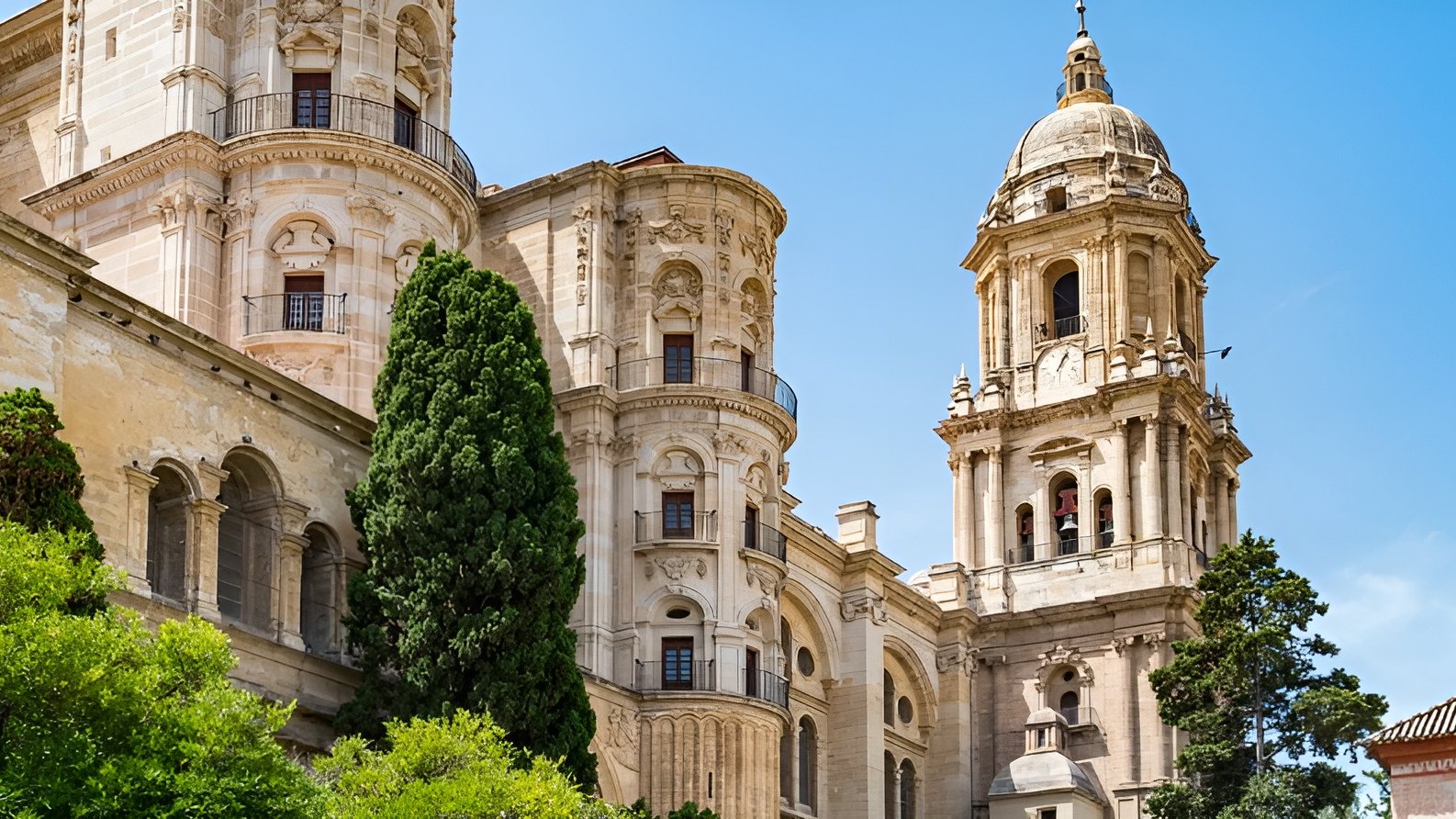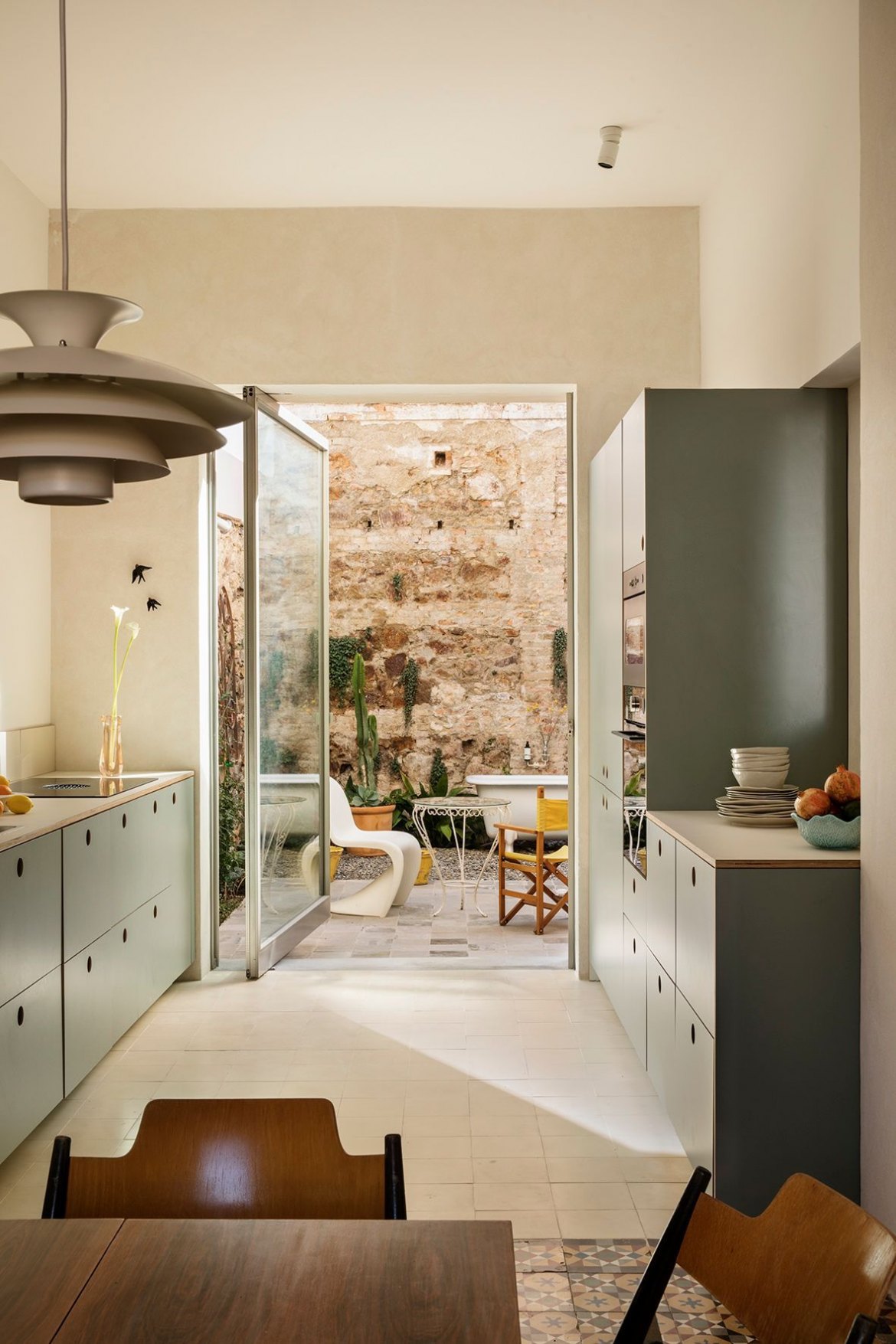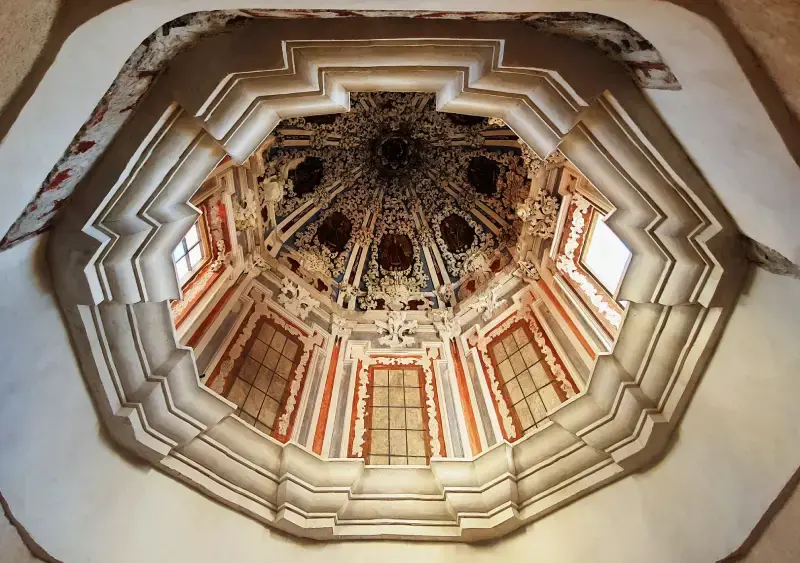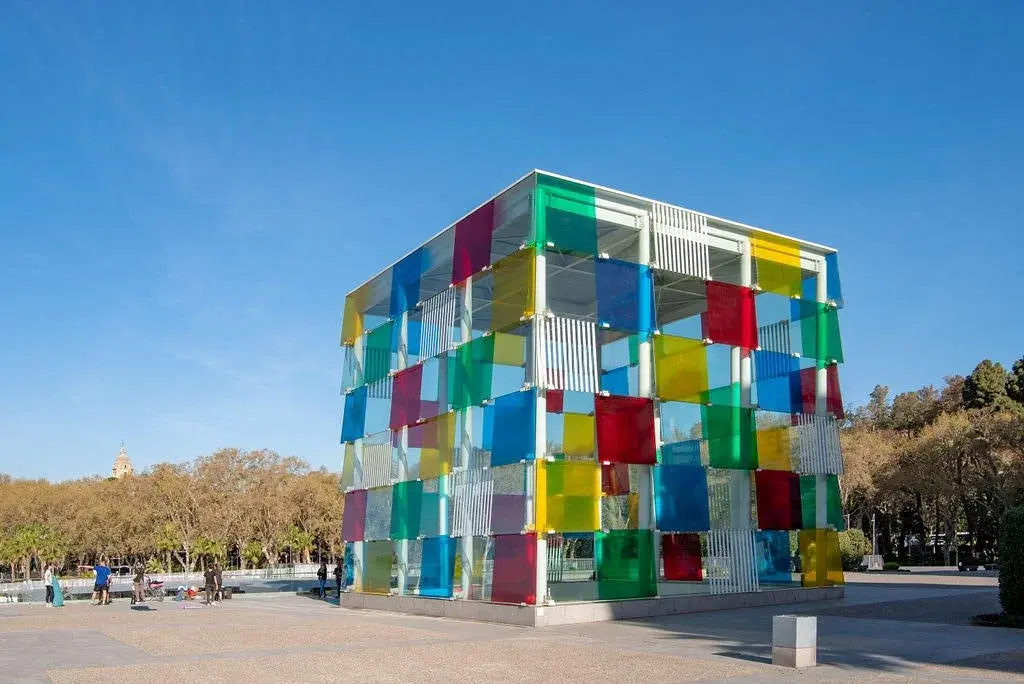
Open House Malaga 2025: Amazing Architecture that Transforms
Natalia Tschurtschun | · 7 min. read
Malaga is once again opening its doors to architecture enthusiasts as the fifth edition of Open House Malaga takes place this weekend, from May 23-25, 2025. Under the compelling slogan "Architecture that Transforms," this international festival promises to showcase how architectural heritage has shaped the Andalusian city's evolution while offering unprecedented access to some of its most exclusive and historically significant buildings.
A Growing Cultural Movement
Open House Malaga has firmly established itself as an essential event for architecture lovers, consolidating its position as a key cultural fixture in the city's calendar. Organized by a non-profit association led by architect Francisco González, the festival is part of Open House Worldwide, a global network of architectural festivals that attracts millions of visitors across more than 50 cities annually. The movement's fundamental mission is to democratize access to architecture and promote understanding of its profound impact on daily life.
This year's edition has expanded significantly, offering 63 free activities that will allow visitors to explore Malaga's architectural treasures through guided tours, urban routes, and immersive experiences. The festival brings together historians, architects, professionals, and over one hundred dedicated volunteers who will guide visitors through lesser-known sites that demonstrate architecture's transformative power in urban development.
Exclusive Access to Architectural Gems
The 2025 program features several remarkable highlights that underscore the festival's commitment to providing access to usually restricted spaces. Among the most anticipated attractions is the old library of the Casa Palacio del Jardín de La Concepción, which opens to the public for the first time since its recent restoration. This exclusive access offers visitors a rare glimpse into a meticulously preserved historical space that typically remains closed to the general public.

Another crown jewel of this year's program is the Casa Palacio Salinas, a stunning 17th-century Baroque architectural masterpiece that will be presented by historian Ester Ramos. This palatial residence represents one of the finest examples of Baroque architecture in Malaga, offering visitors insight into the grandeur and sophistication of historical Spanish residential design.
The festival also features the centenary Villa Rosario, which has been lovingly restored by its owner, designer Olga Sicilia, working alongside a team of architects from the Museo Picasso. This collaboration between contemporary design expertise and historical preservation exemplifies the festival's theme of "Architecture that Transforms," showing how modern intervention can breathe new life into historical structures while respecting their original character.
Art Meets Architecture
Recognizing that architecture exists in dialogue with other art forms, Open House Malaga includes an Art Tour at Higuerón Resort, where works by renowned artists such as Lita Cabellut, Enrique Brinkmann, and Leiro complement the architectural experience. This integration demonstrates how contemporary art can enhance architectural spaces, creating immersive environments that speak to multiple senses and artistic disciplines.
Thematic Urban Routes
The festival's programming extends beyond individual building visits to include comprehensive thematic routes that tell broader stories about Malaga's urban development. These carefully curated itineraries, led by local specialists, offer narrative frameworks for understanding how different areas of the city have evolved over time.
Among the featured routes is one dedicated to charity in Malaga, exploring how philanthropic institutions have shaped the city's architectural landscape. Another focuses on the San Andrés convent and the Perchel neighborhood, providing insight into religious architecture and its relationship with surrounding communities. The San Telmo aqueduct route offers visitors a chance to understand historical infrastructure and its role in urban development.
The Soho district route, combined with exploration of the Islamic wall, presents a fascinating juxtaposition of contemporary urban regeneration alongside ancient defensive structures, illustrating how different historical layers coexist in modern Malaga. Each itinerary benefits from the expertise of local specialists who provide rich historical context and explain the ongoing processes of urban evolution and reconstruction.
Preserving Hidden Treasures
Open House Malaga also ensures that some of the city's most beloved but rarely accessible spaces remain part of the program. The Camarín de la Casa de las Monjas, one of the few remaining examples of Baroque architecture in the El Perchel neighborhood, continues to be featured, allowing visitors to appreciate this architectural rarity. Similarly, the military quarter of the Alcazaba provides insight into the fortress's complex history and its role in Malaga's defensive architecture.

Regional Expansion
In collaboration with Turismo Costa del Sol, this year's edition expands its geographical scope to include the towns of Antequera and Vélez-Málaga, recognizing that architectural heritage extends beyond the capital city to encompass the broader regional context.
In Antequera, visitors can explore the Real Colegiata de San Sebastián, the Museo de la Ciudad, the chapel of the Virgen del Rosario, and the impressive Arco de los Gigantes. These sites represent different periods and styles of architecture, from religious buildings to civic monuments, providing a comprehensive overview of the town's architectural evolution.
Vélez-Málaga offers its own unique attractions, including the CAC 'Francisco Hernández', the MUVEL museum, the Nave Raspa y Amagado, and the SAE Building. The latter is particularly noteworthy as it will offer guided tours of its distinctive circular architecture for the first time, providing visitors with insight into contemporary architectural solutions and their functional applications.
Community Engagement and Volunteerism
Central to Open House Malaga's success is its robust volunteer program, which relies on the commitment and enthusiasm of community members who share their passion for architecture with visitors. The festival maintains that it would not be possible without these dedicated volunteers who serve as guides and cultural ambassadors, enriching the visitor experience through their local knowledge and genuine enthusiasm for their city's architectural heritage.
This volunteer model reflects the festival's broader democratic philosophy, emphasizing that architecture appreciation should not be the exclusive domain of professionals but should be accessible to and shared by the entire community. The volunteers represent diverse backgrounds and bring varied perspectives to the architectural narrative, ensuring that visitors receive multifaceted insights into each site.
Professional Development and Discourse
Beyond public engagement, Open House Malaga also serves as a platform for professional development and architectural discourse. As part of the programming, events bring together experts to debate contemporary issues such as the connection between architecture, sustainability, and luxury. These professional gatherings feature prominent architects including Tristán López-Chicheri, Fernando Porras-Isla, Daniel Rincón de la Vega, and Fernando Pérez del Pulgar, ensuring that the festival contributes to ongoing professional conversations about architectural practice and theory.

Cultural Impact and Future Vision
Open House Malaga 2025 represents more than a weekend of architectural tourism; it embodies a vision of cultural accessibility and urban appreciation that has significant implications for how cities present themselves to residents and visitors alike. By focusing on "Architecture that Transforms," the festival encourages participants to consider buildings not as static objects but as dynamic forces in urban life that continue to shape communities and experiences.
The festival's growth from its inaugural edition to this fifth iteration demonstrates the public appetite for architectural engagement and suggests a promising future for similar cultural initiatives. As cities worldwide grapple with questions of heritage preservation, urban development, and community engagement, festivals like Open House Malaga provide valuable models for how architectural appreciation can serve broader goals of cultural education and civic pride.
Through its combination of exclusive access, expert guidance, community involvement, and professional discourse, Open House Malaga 2025 promises to offer participants a comprehensive understanding of how architecture truly transforms both cities and the people who inhabit them.